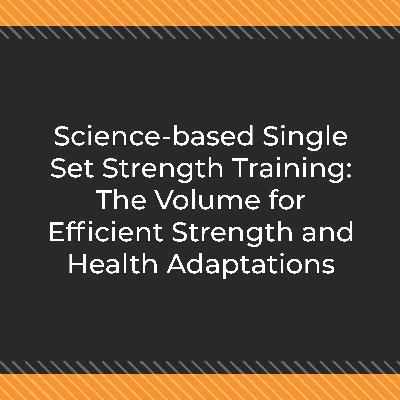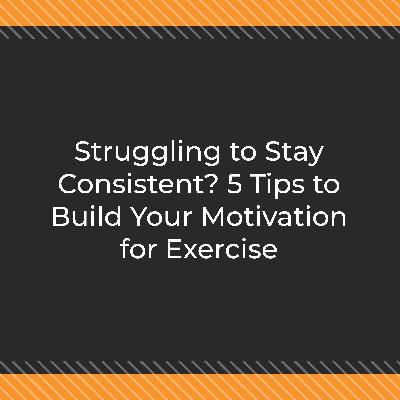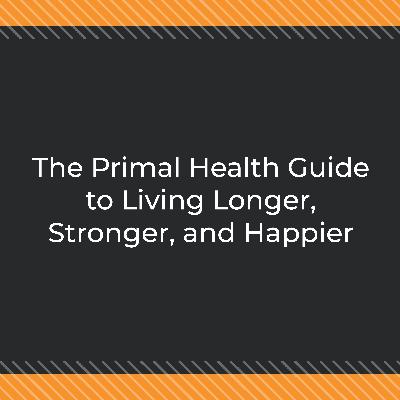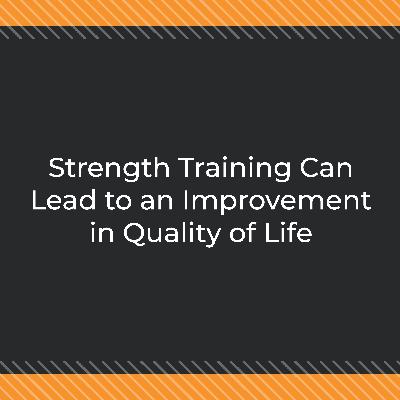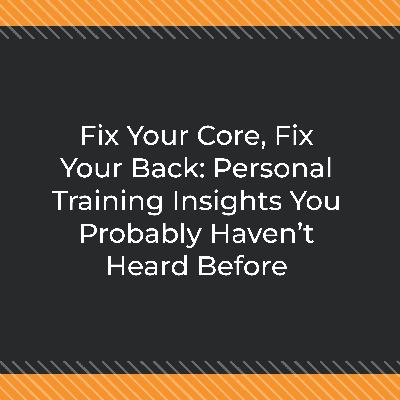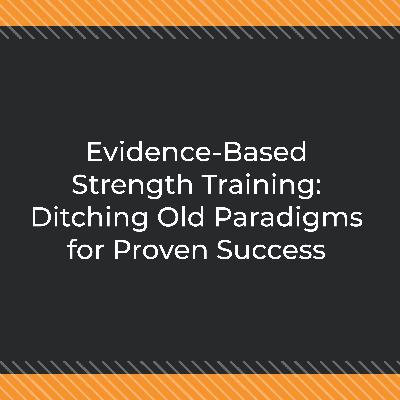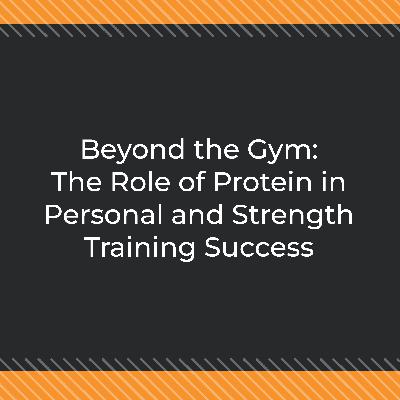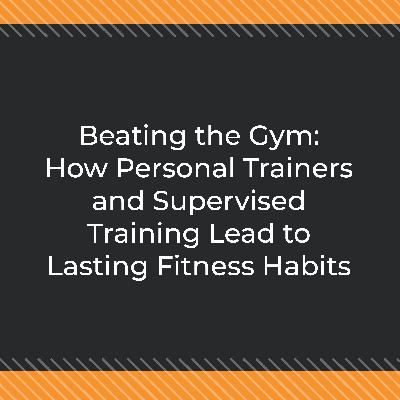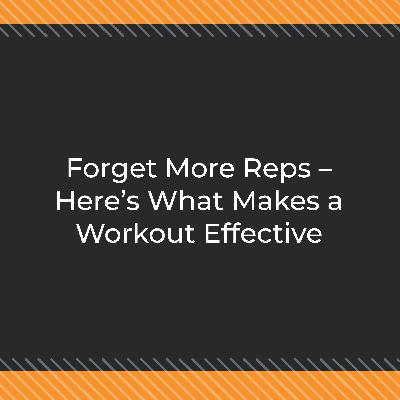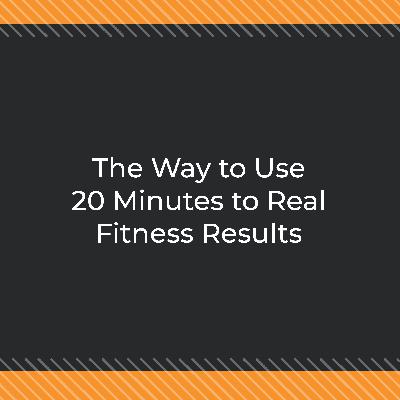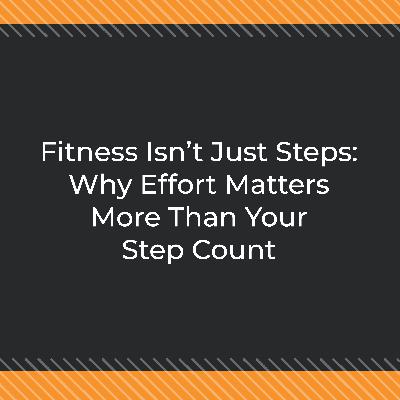Science-based Single Set Strength Training: The Volume for Efficient Strength and Health Adaptations
Description
Can a single set actually make your muscles grow? Amy Hudson and Dr. James Fisher tackle a listener’s question: Can you really get results from a single set of exercises for a muscle group? They break down the science behind single versus multiple sets and explain why effort matters more than counting reps. Tune in to discover how to train smarter, save time, and still see real strength gains.
- Amy kicks things off with the big question: can you really do just one set and still get the benefits of strength training?
- Dr. Fisher’s answer—yes, you absolutely can. That one set, if pushed with real effort, is enough to trigger results.
- Amy highlights a common training misconception. We’ve all been told that “more is better.” But the science shows that one quality set can be just as powerful as three.
- Dr. Fisher breaks down research comparisons of single-set versus multiple-set training.
- According to Dr. Fisher, effort is the key. A single set pushed to a high enough degree of effort matches the benefit of multiple sets. It’s intensity, not quantity, that makes the difference.
- Amy points out the obvious when you train to failure. If your muscles literally cannot do another rep, what’s the point of extra sets? You’ve already achieved the adaptation you came for.
- Dr. Fisher explains why stimulus matters more than volume. It’s the challenge to the muscle that drives change, not the endless repetition. With this approach, you can finish a workout in 20 to 30 minutes.
- Dr. Fisher reframes exercise volume. It’s not just sets of one exercise, it’s total sets across the muscle group. Every compound and isolation move adds to the tally, whether you realize it or not.
- For Amy, working with a personal trainer means you don’t have to guess how much volume is enough. They guide you to push just the right amount in each set, so one set can be enough if done correctly.
- Dr. Fisher highlights the time trap of traditional training. Add up three sets for every exercise, plus two-minute rests, and you’re suddenly in the gym for two hours.
- Amy highlights why people get confused about volume. Reps and sets are easy to measure. Effort isn’t—and that’s why so many default to doing “more” instead of doing “enough.”
- Dr. Fisher shares the biggest benefit of working with a certified coach--you hit the right intensity in every session. Instead of mindlessly adding sets, they make sure the effort in each set actually counts toward growth.
- Dr. Fisher explains how technology is changing the game. With exerbotics machines, effort can be measured in real time. That makes it easier to quantify progress and what actually drives results.
- Dr. Fisher reframes training as a dosage. The right dosage sparks adaptation. More isn’t better—it’s just wasted effort if the goal has already been achieved.
- According to Dr. Fisher, higher volume can sometimes deliver slightly bigger short-term gains. But those differences are small, hard to measure, and fade with time. Over six months to a year, single and multiple sets lead to the same results.
- For Amy, if one set gets you the same outcome in a quarter of the time, why spend hours chasing more? Less time lifting means more time living.
- Dr. Fisher shares a fascinating example from his PhD student’s research. Even elite-level powerlifters—athletes pushing squat, bench, and deadlift—got stronger with a single set once a week. If that works at the highest level, it’s more than enough for the rest of us.
Mentioned in This Episode:
The Exercise Coach - Get 2 Free Sessions!
Submit your questions at StrengthChangesEverything.com
This podcast and blog are provided to you for entertainment and informational purposes only. By accessing either, you agree that neither constitute medical advice nor should they be substituted for professional medical advice or care. Use of this podcast or blog to treat any medical condition is strictly prohibited. Consult your physician for any medical condition you may be having. In no event will any podcast or blog hosts, guests, or contributors, Exercise Coach USA, LLC, Gymbot LLC, any subsidiaries or affiliates of same, or any of their respective directors, officers, employees, or agents, be responsible for any injury, loss, or damage to you or others due to any podcast or blog content.

